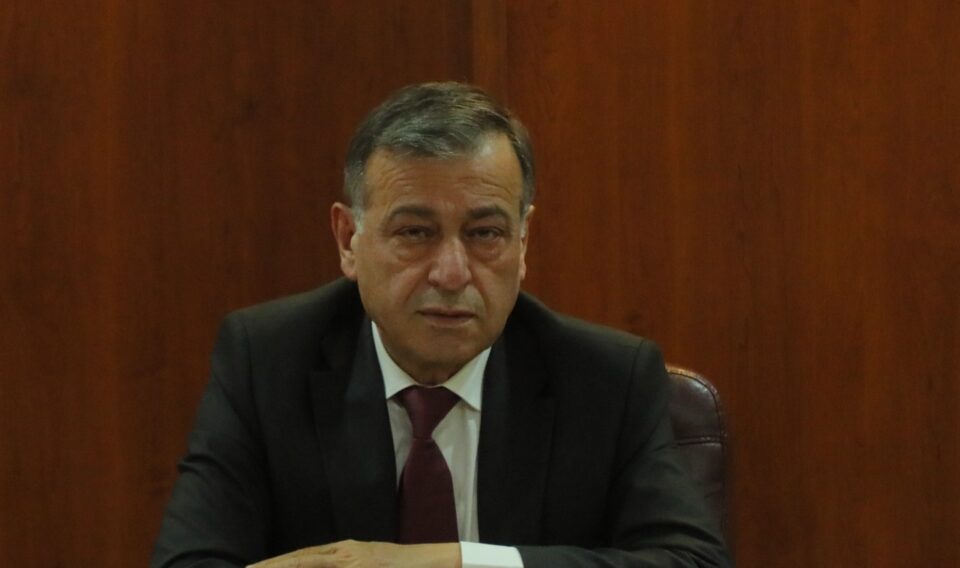By Farhad Mohamed
“We know that the Olympic Games cannot create peace, but the Olympic Games can create a culture of peace that inspires the world throughout this time. You lived peacefully together under one roof in the Olympic Village. You embraced each other. You respected each other, even if your countries are divided by war and conflict,” said President Thomas Bach during the Closing Ceremony of the Paris 2024 Olympic Games.
Perhaps Bach’s speech offers the best definition for understanding the importance of peace and coexistence in the stable and secure region called “Kurdistan.” It is always true that a region, like a small island in an ocean of wars and conflicts, may not be able to create peace and coexistence. However, this tiny region has managed to create a culture of peace and coexistence that inspires the world and the entire Middle East.
In this small geographical area of the Kurdistan Region, people of all religions and ethnicities live together peacefully, respecting one another. It’s impossible to tell who belongs to which religion or nation. Everyone is free to speak their language and practice their religious rituals without restriction.
The people living in the Kurdistan Region, apart from the local citizens, include:
1- Refugees from neighboring countries such as Turkey, Iran, and Syria, who have fled from conflict and settled down in the region, with their population reaching approximately one million.
2- Displaced people from different Iraqi provinces, including both Shiite and Sunni Arabs—who have been caught up in sectarian violence elsewhere—have settled down in Kurdistan and are getting along without any issues. Their population is estimated to be around 700,000 persons.
3- More than 300,000 Yazidi Kurds remain displaced and have yet to return home because of the battle against ISIS terrorist group.
4- Many Christians and followers of other religions in Iraq have taken shelter in the Kurdistan Region to escape religious conflicts and the fear of violence. Today, Erbil, the capital of the Kurdistan Region, hosts a larger Christian population than any other city in the Middle East.
5- Thanks to the ongoing stability in the Kurdistan Region, many businessmen, investors, large companies, and their employees have flocked to the area, freely investing their capital. The total number now exceeds 200,000.
6- The Kurdistan Region has really focused on tourism, bringing in millions of tourists to its tourist attractions every year.
When we look at the reality of Kurdistan and compare it to Bach’s depiction of the small Olympic village, we observe that the Olympic village is only open for two weeks every four years. In contrast, the small “island” of the Kurdistan Region has remained open for centuries, where people connect through the language of peace and tolerance, living together as brothers.
In conclusion, this demonstrates to us that even though the Kurdistan Region is not a sovereign state, it has managed to establish a culture of peace and coexistence that serves as an inspiration for the world and the entire Middle East.

